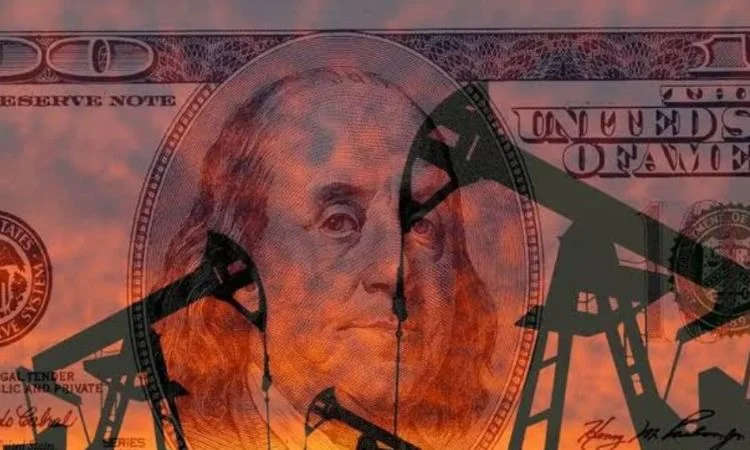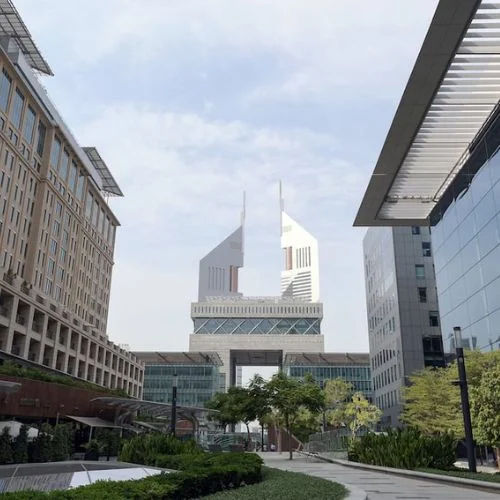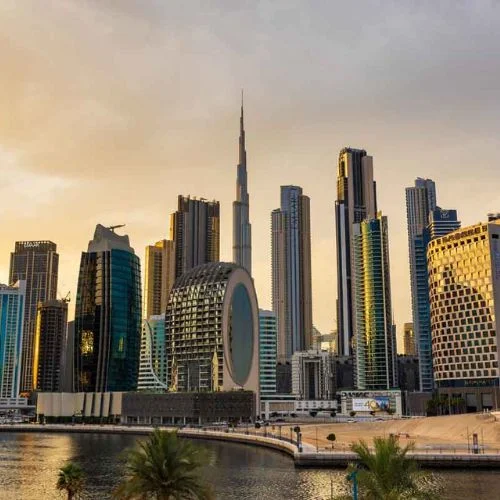Overview of July’s Performance
The United Arab Emirates’ non-oil private sector hardly witnessed any growth in July 2024, with the index recording the lowest level since almost three years ago. The S&P Global UAE Purchasing Managers’ Index (PMI) fell to 53.7 from a seasonally adjusted 54.6 in June, marking the slowest expansion since September 2021. While the PMI remains above the 50.0 breakeven mark found in expansion territory, the move signals a notable deceleration in activity across the sector.

PC: ZAWYA
Key Reasons Behind the Fall
David Owen, an economist from S&P Global Market Intelligence, mentioned that the latest drop in the UAE PMI follows an underlying fall in growth momentum across the non-oil economy in early 2024. Key issues were starting to be seen in terms of capacity constraints and backlogs as companies rose, where recovery is increasingly challenging given the supply issues.
Sales and Output Trends
New order growth slowed to a three-month nadir in July. The sub index for new orders dipped to 57.5 from 58.8 in June, although it stays in expansion territory. It should be just a reflection of the fact that, while demand conditions at home and abroad remain favourably disposed, the rate of growth in new orders has moderated.
Output growth also softened back in July, as growth output in the non-oil sector was measured as goods and services churned out at a slower rate of expansion compared to the prior months. This slowing of output growth, combined with increased challenges in managing workloads, contributed to the overall decline in the PMI.
Inflationary Pressures
The survey also mentioned that price inflation increased, with the index for input prices at a two-year high. This acceleration of input costs puts additional pressure on businesses as they could see their profit margins undermined and operational efficiency affected. The rise in input prices underlines the more general difficulties the non-oil sector is facing, as firms are confronted with higher costs in combination with slower growth.
Future Outlook
Despite the recent slowdown, the PMI data showed that there was solid expansion in the non-oil sector. According to David Owen, in case companies can solve their workload problems and manage their capacity more effectively, that might establish ground for the sector performance to stabilise or even recover. All in all, while current conditions reflect a deceleration, the non-oil sector’s positive growth trajectory resounds to its resilience amidst evolving economic challenges.
Essentially, growth in the UAE’s non-oil private sector slows down, driven by capacity constraints, increased backlogs, and rising input prices. The sector is still within expansionary territory, and if firms can somehow get a better handle on operational challenges, that may eventually stabilise.















